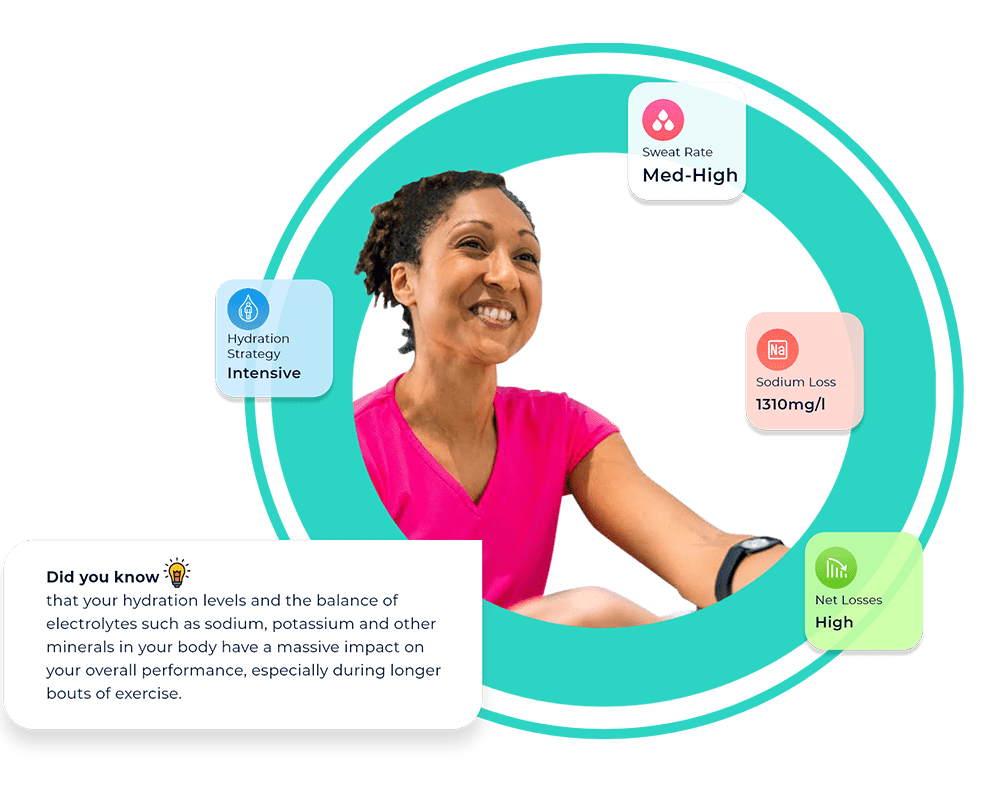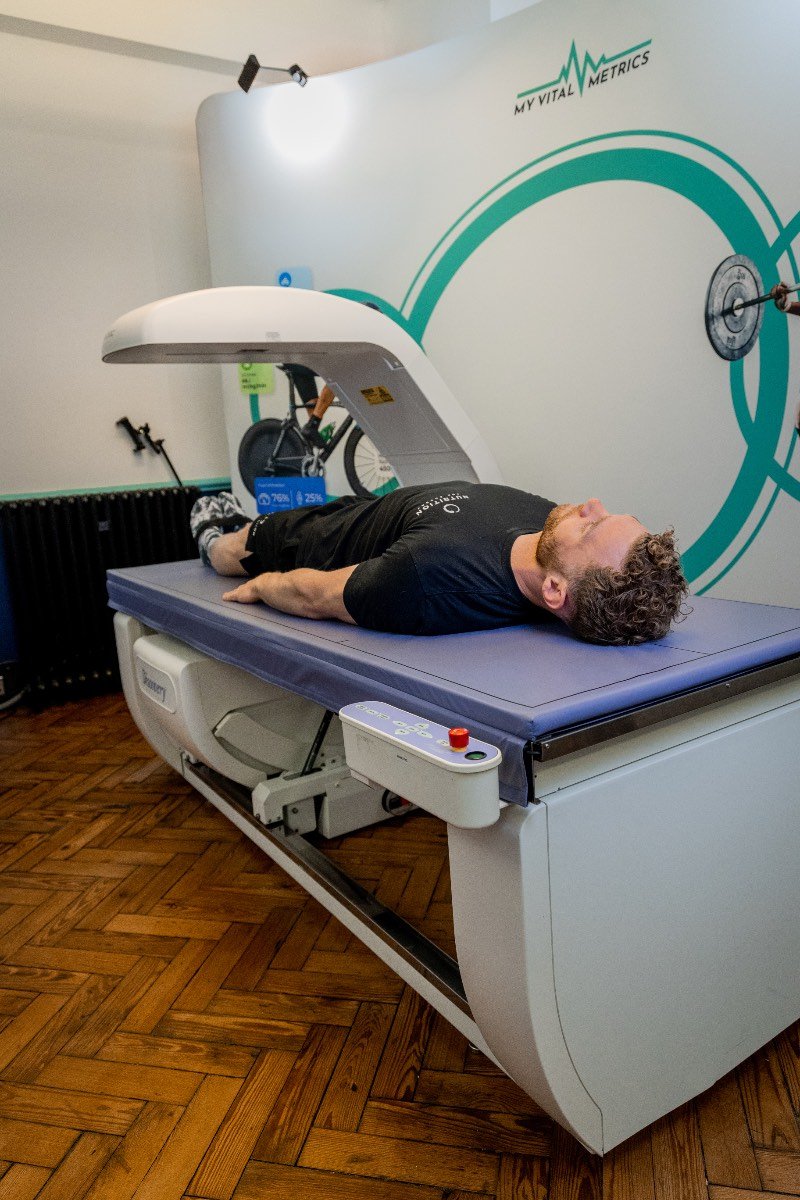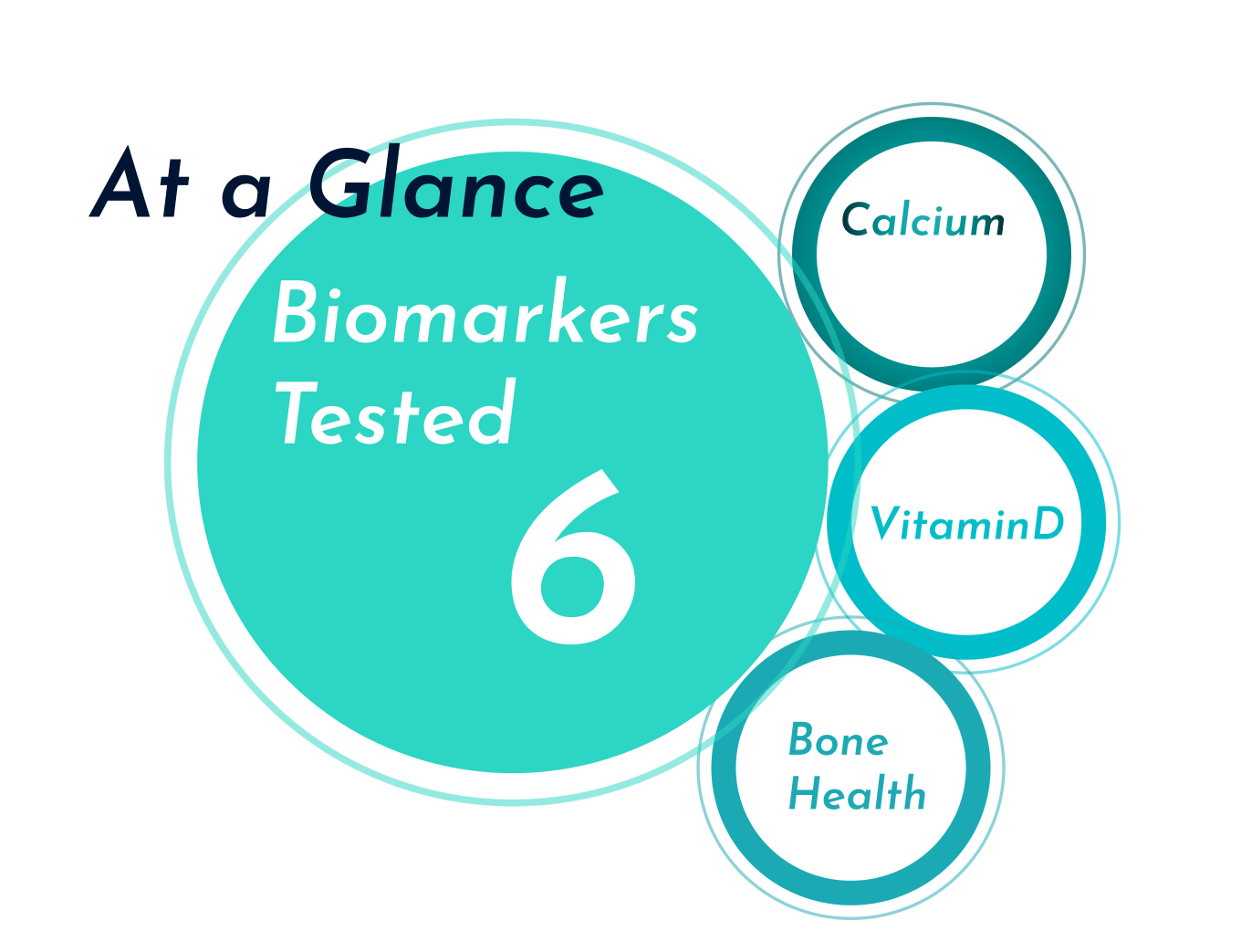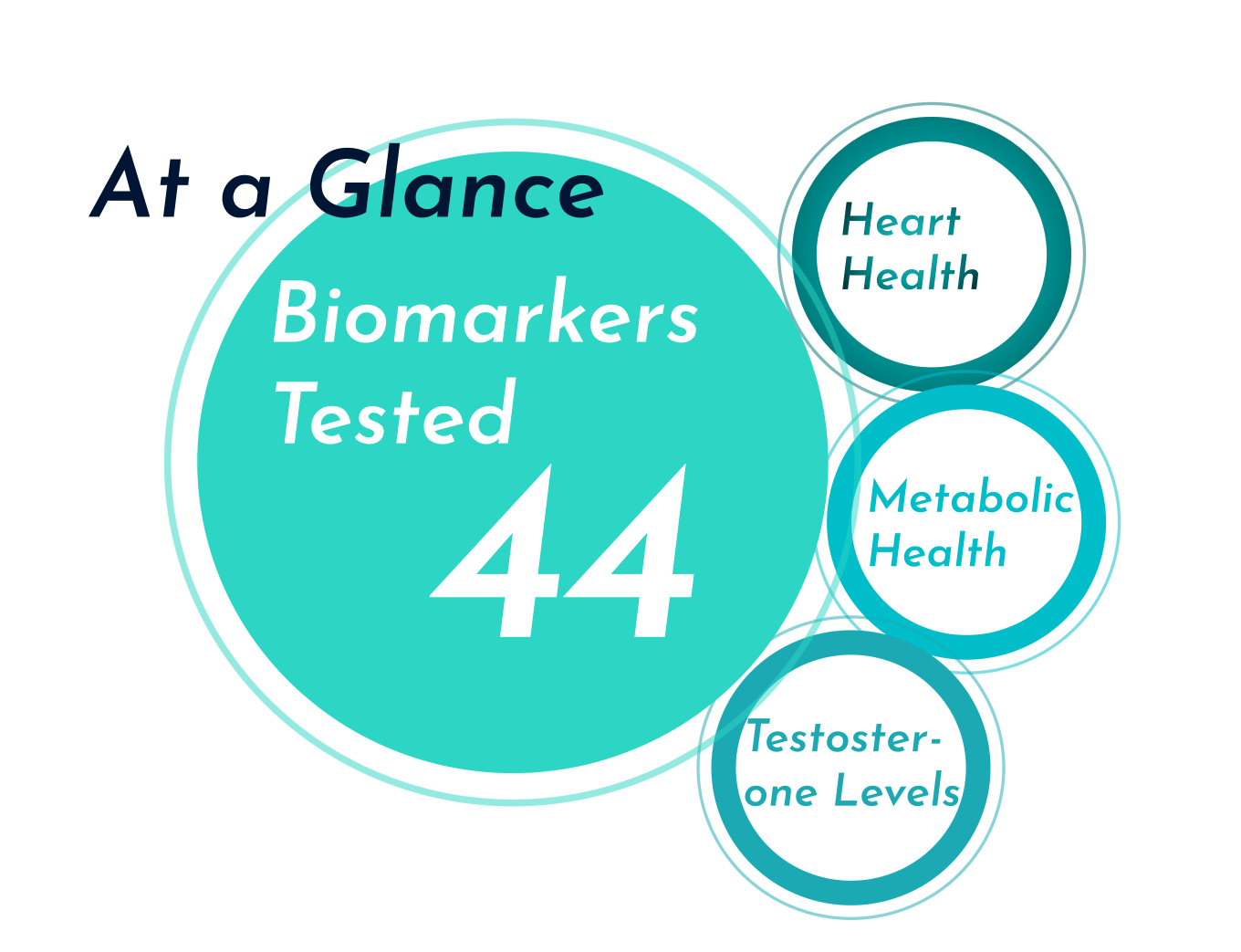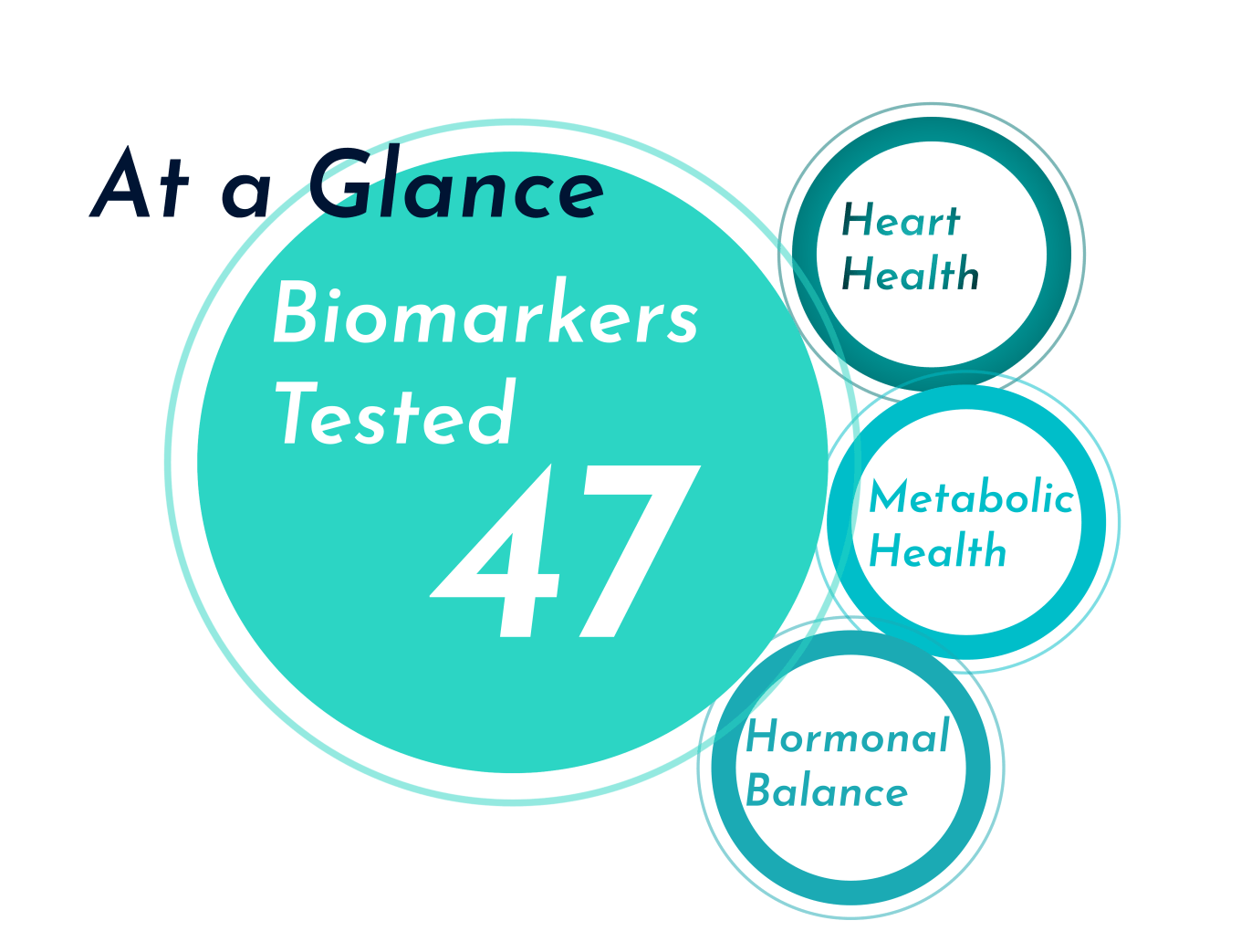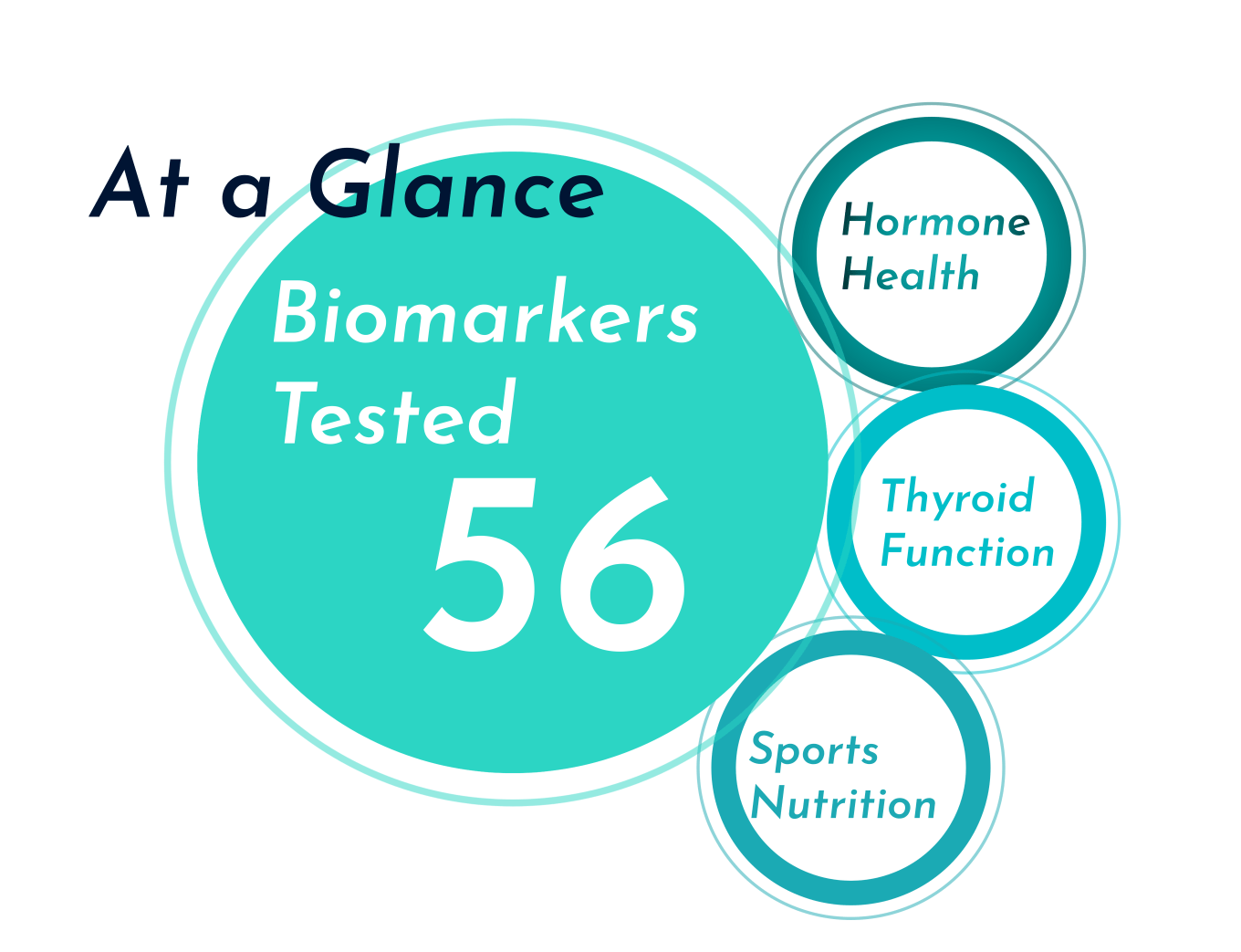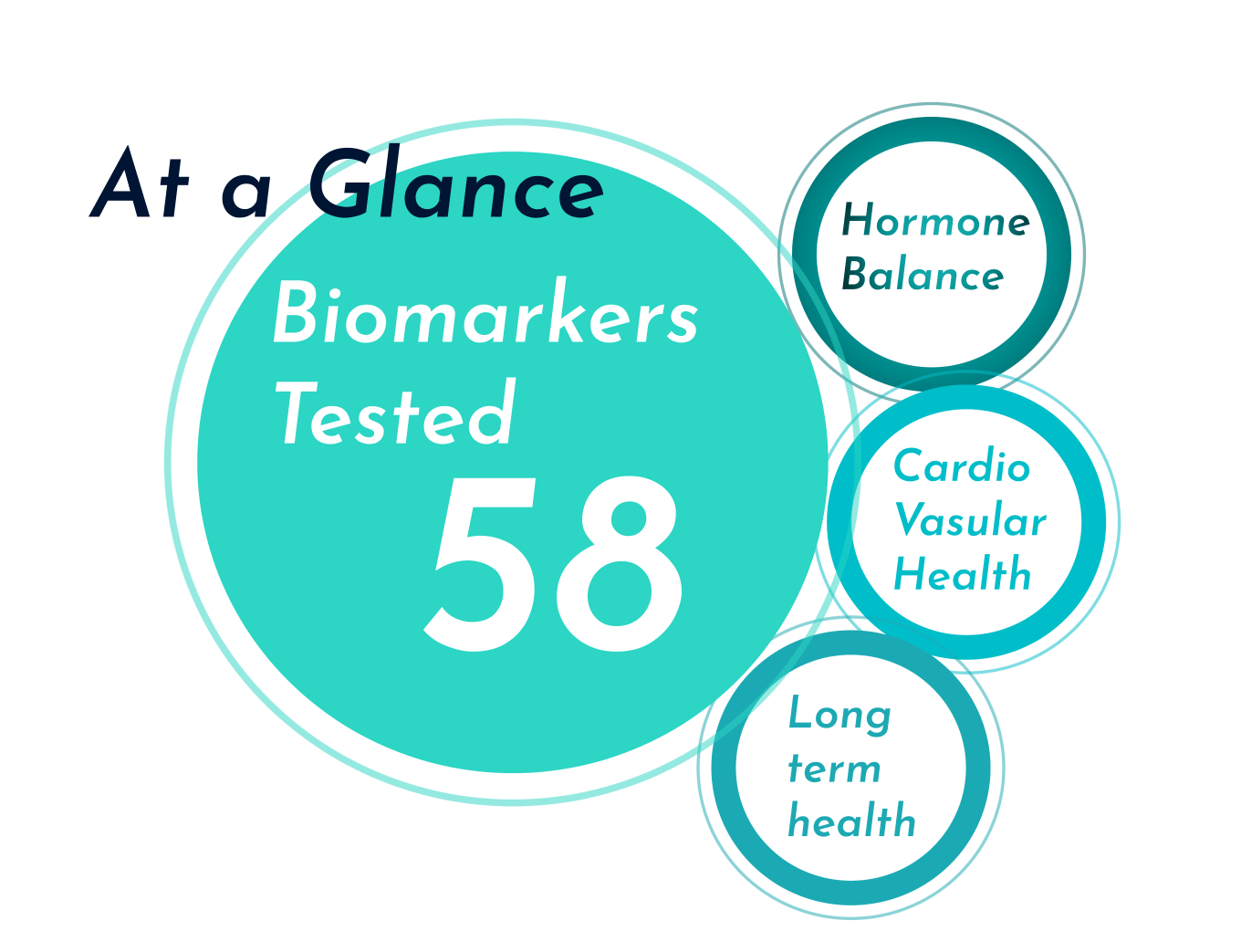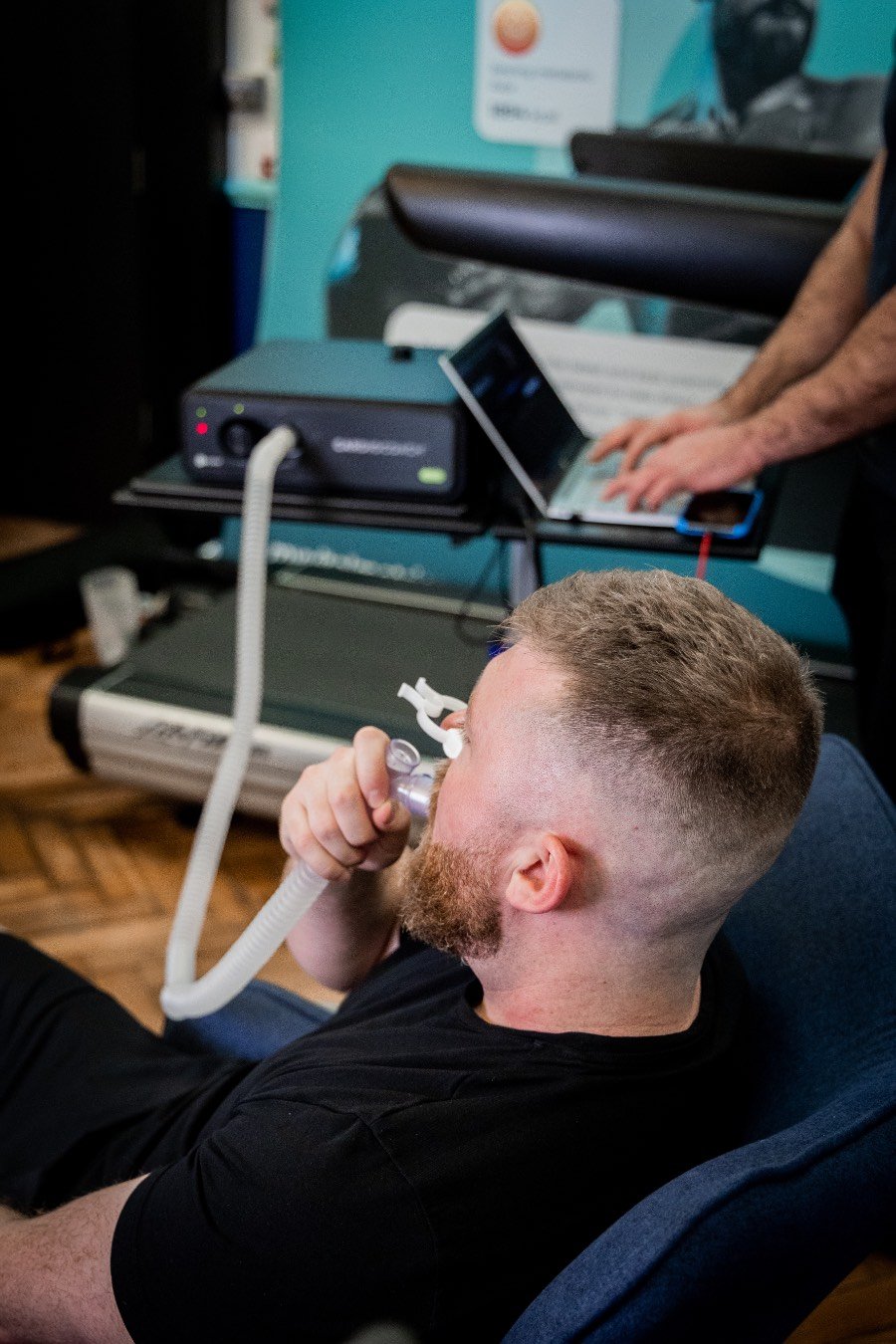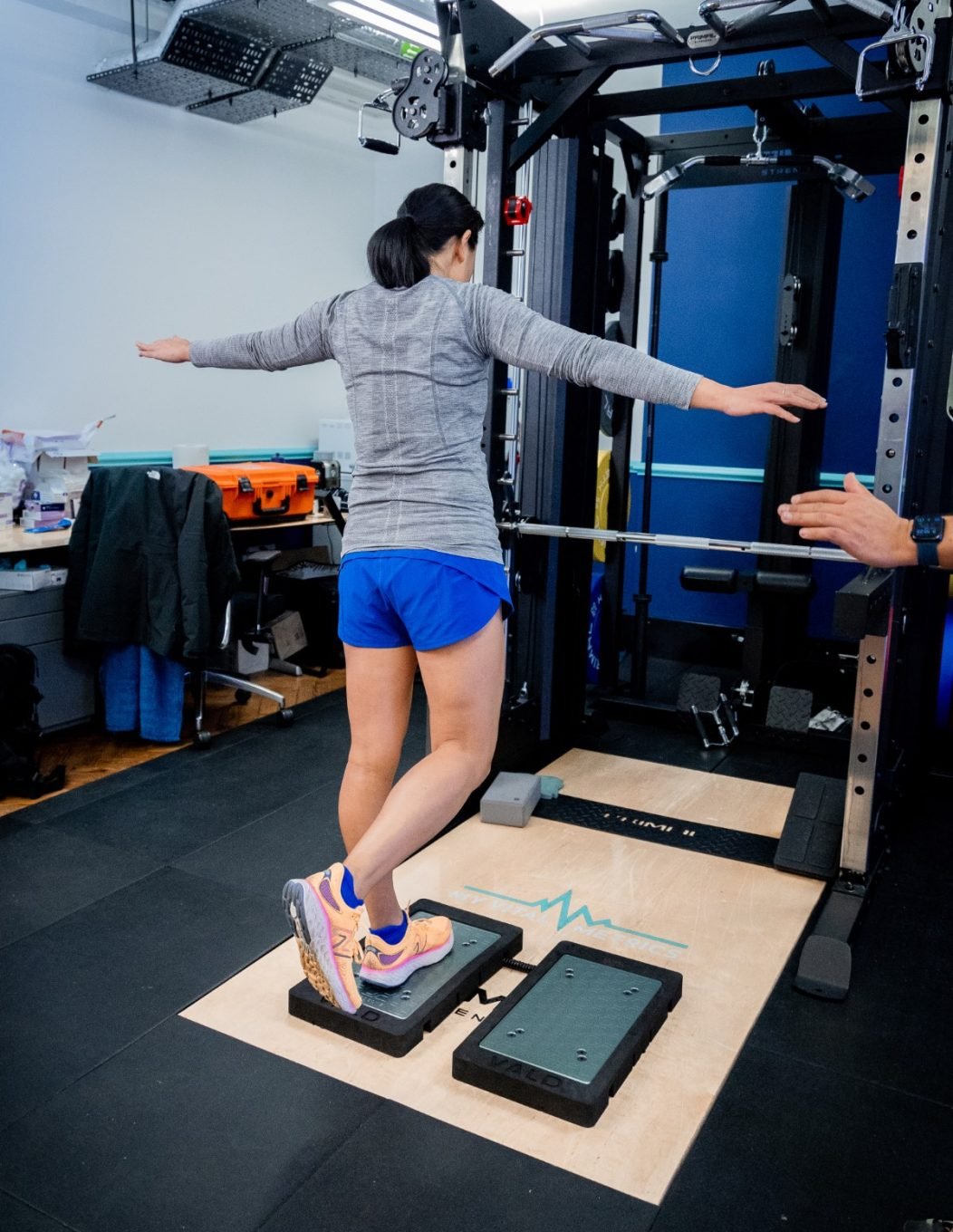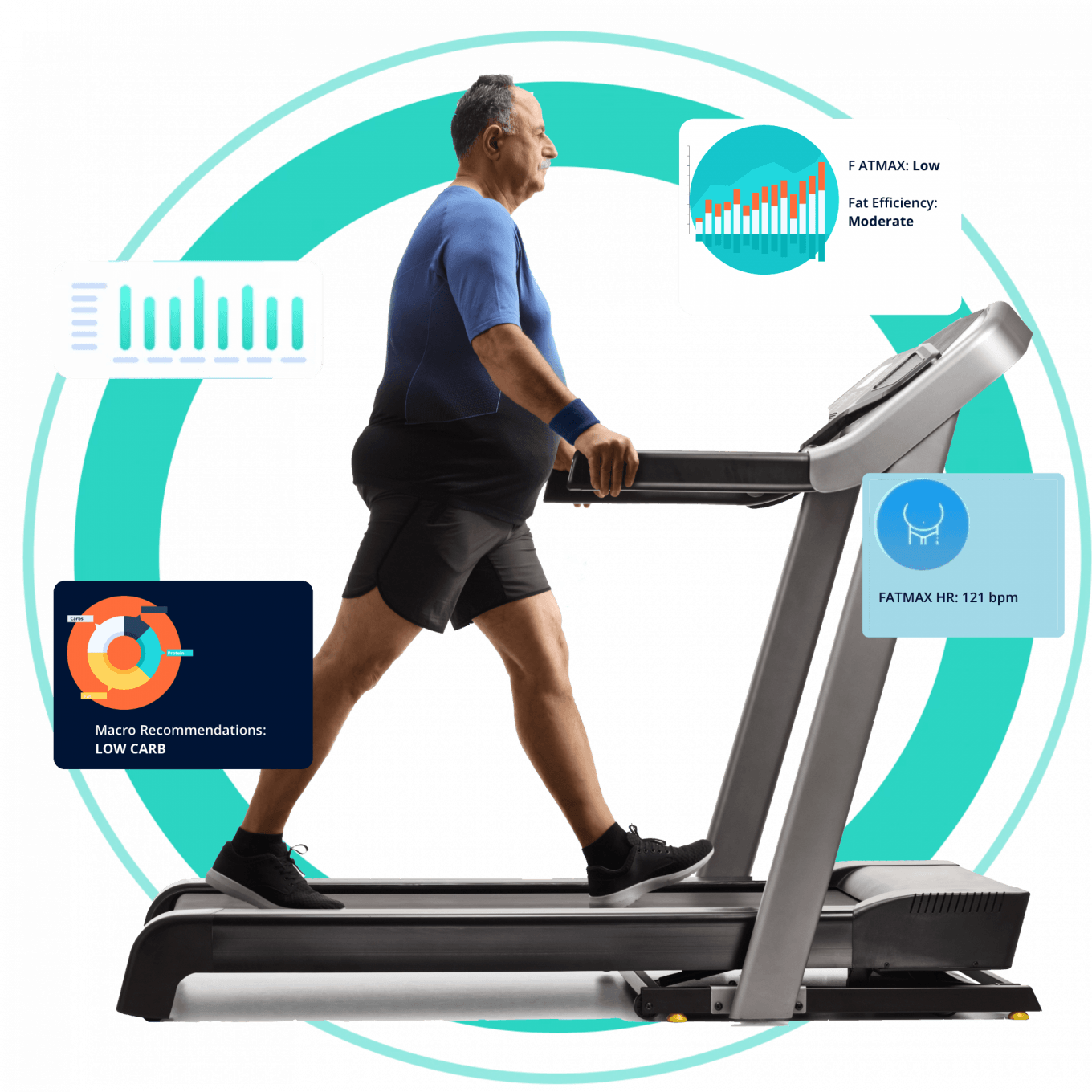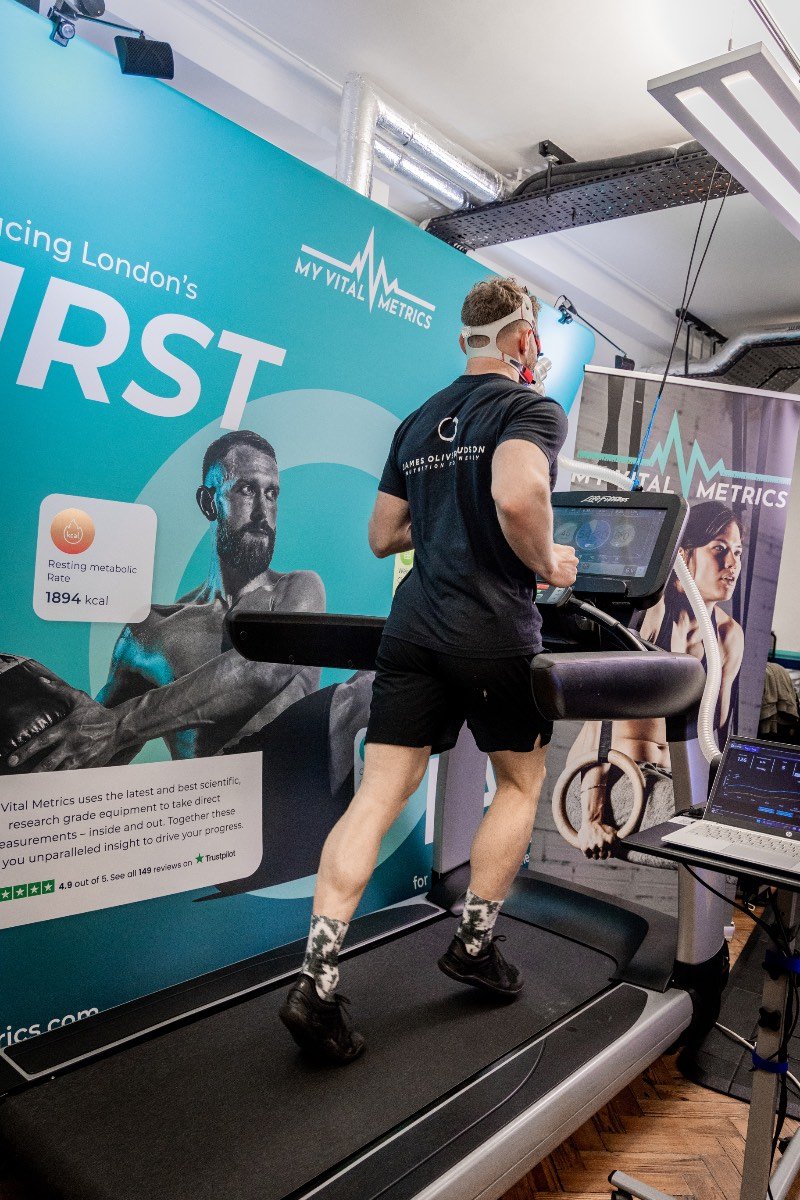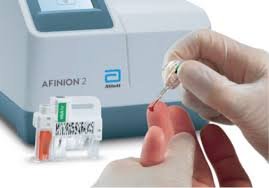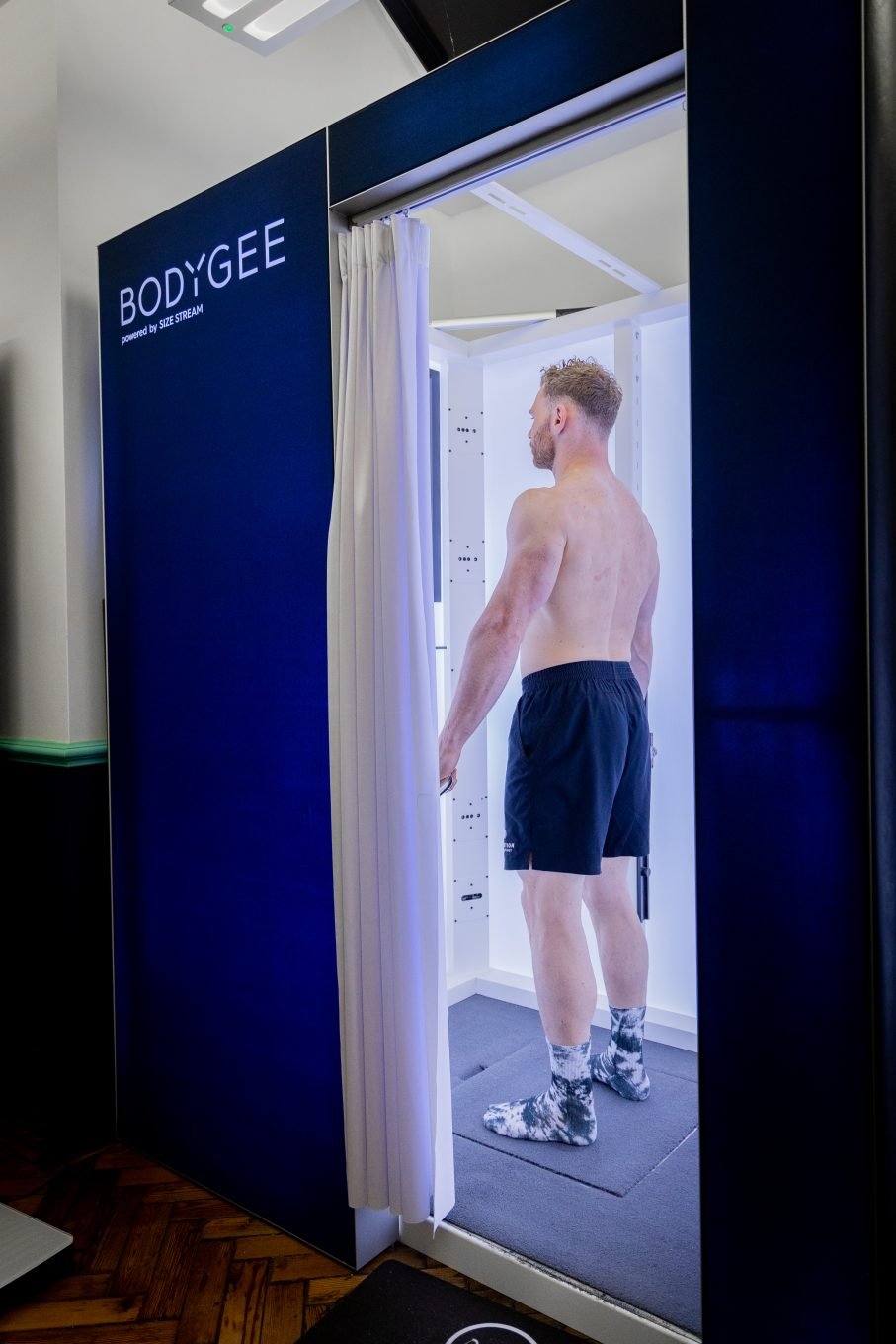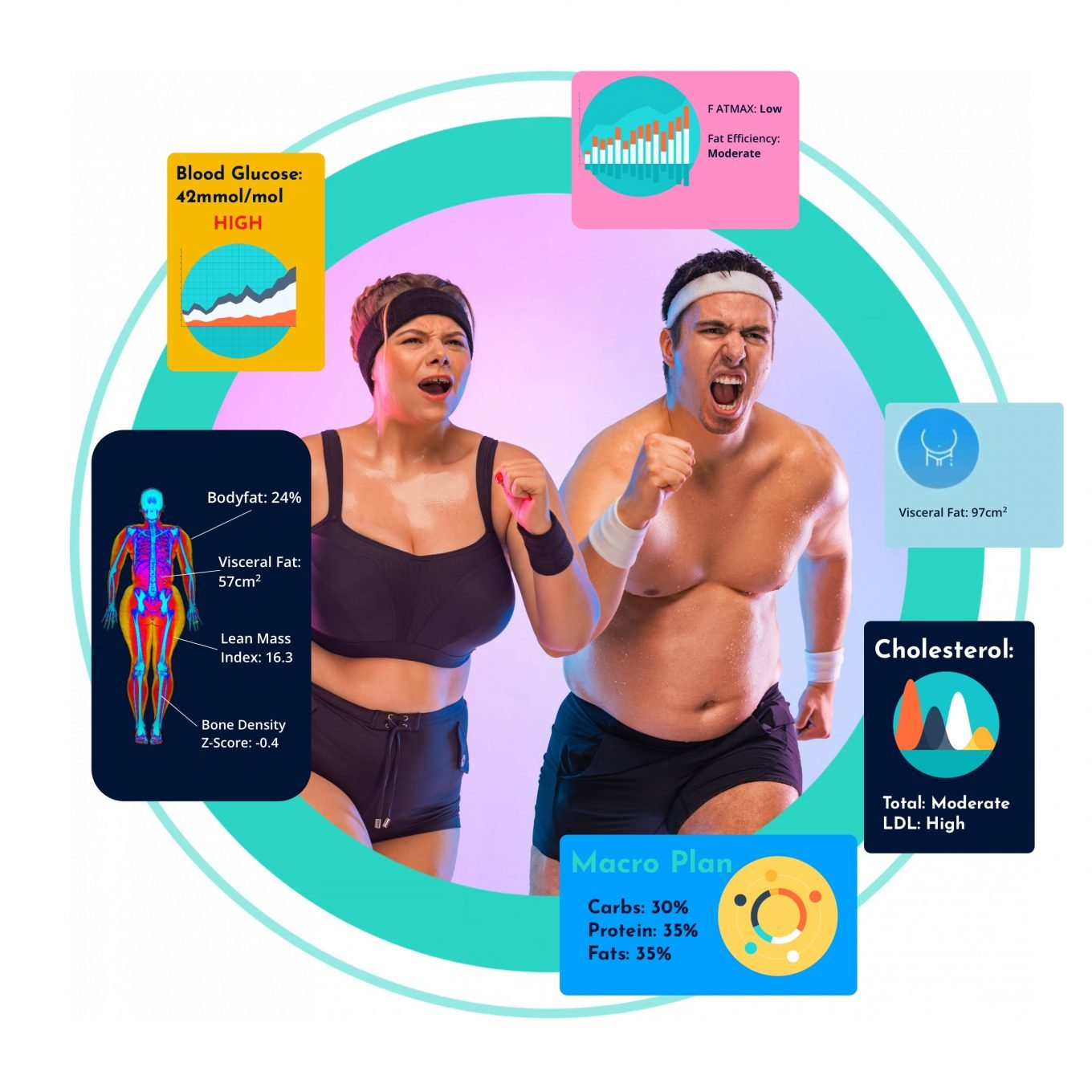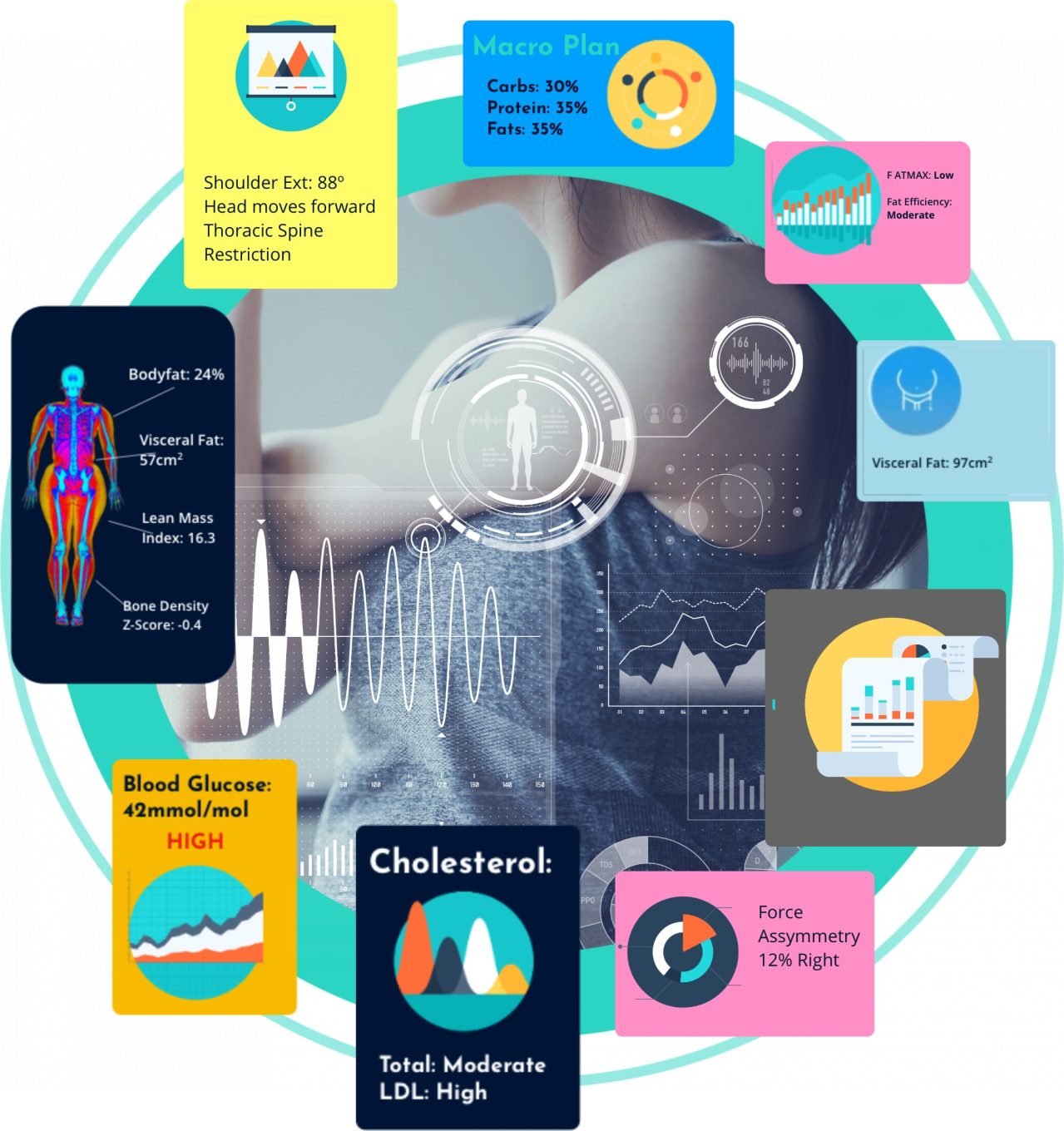What does peak performance look like for you?
Defined as “an individual’s best theoretical performance capacity, within the scope of their sport, genetic potential, training status, and performance-limiting factors,” peak performance is a complex phenomenon that looks different for each and every athlete.
Unfortunately, there’s no magic combination of factors (whether that’s your training routine, rest and recovery, nutrition, mindset, conditioning, coaching, or equipment) that will lead to peak performance for everyone. In fact, with so many factors at play, it can be hard to tell which parts of our hard work and dedication are paving the way to our next personal best – and which are holding us back.
Removing the guesswork starts with acquiring accurate information about our sports performance, including our overall health and physical fitness – that’s where fitness testing comes in.
In this article, we’ll take a look at what fitness testing is, the benefits of fitness testing for athletes looking to maximise their performance, and recommend the top fitness tests worth taking.
What is Fitness Testing?
Fitness testing refers to any test, assessment, or measurement that contributes to an overall assessment of your fitness level.
Popular fitness tests include body composition tests to measure body fat, cardiovascular tests to measure aerobic endurance, and muscular endurance tests to assess the strength and endurance of certain muscle groups.
Types of fitness tests for athletes
Fitness testing for athletes can encompass a wide range of tests. Some of the most common types include:
- Body composition testing: DEXA scan, bioelectrical impedance analysis (BIA), BMI, and skinfold measurements
- Cardiovascular performance testing: VO2 Max test, FatMax test, 12-min run test
- Bone health testing: DEXA scan for bone density
- Metabolic testing: Resting Metabolic Rate test, FatMax test
- Blood tests for athletes: Cholesterol tests, HbA1c test, thyroid health, hormonal testing, and other blood tests
- Tests for muscular endurance and strength: Press-up test, squat test, 30-metre sprint test, etc.
For a full list of the types of fitness testing, how they’re performed, and how they can benefit you as an athlete, check out our comprehensive guide to the power of fitness testing.
Who is fitness testing for?
Fitness testing is for anyone looking to better understand their physical health and fitness. For athletes, fitness testing is a smart way to make sure you’re training safely, decide on appropriate performance goals, and boost your motivation through progress tracking.
Tests that analyse body composition, cardiovascular performance, and muscular endurance can be highly relevant to athletes across a range of sports and activities, including:
- Running & athletics
- Cycling
- Boxing and martial arts
- Marathon and triathlon training
- Rock Climbing
- Swimming
- Weightlifting, powerlifting, and CrossFit
- Fun runs and charity races
While the most relevant tests will vary depending on your sport, goals, competition level and more, gaining insights into your health and fitness is a great starting place for anyone, regardless of current fitness level.
Do I have to be a professional athlete to benefit from fitness testing?
Not at all. Many types of fitness tests are accessible to athletes of all abilities – professional, recreational, or even aspirational!
While a few fitness tests may require a baseline level of fitness or ask that you meet certain health criteria, many tests are graded and/or adaptable and therefore can be adjusted to suit your fitness level. If you have any concerns about the suitability of a given test, make sure to ask your coach, PT, or fitness assessor and they’ll be able to advise you on the best tests for you.
If you’re in the early stages of prioritising your fitness, changing sport, or returning after an injury, fitness testing can be a great opportunity to take baseline measurements before jumping into a new training program.
The Benefits of Fitness Testing for Athletes
While there are numerous reasons for seeking fitness testing, here are the most common benefits of fitness testing for athletes:
Establish accurate baseline measurements
Unlocking your athletic potential and taking control of your health starts with an accurate assessment of where you’re at.
Taking baseline measurements of your aerobic endurance, body composition, muscular endurance, and metabolic profile is a great way to mark the start of the next chapter in your health and fitness.
Not only does this approach let you look back and compare measurements over time, but testing can offer information into how you can best optimise your training time. Rather than wait until you’ve started a new season, training program, or nutritional plan, aim to track your measurements from day one to maximise your time and efforts.
Track improvement over time
One of the most satisfying benefits of fitness testing for athletes is tracking improvement over time.
After you complete your fitness assessment and receive your fitness test results, not only will you have personalised insights into how you can strategically improve your performance, but you’ll have the data to show when you’ve done so.
Metrics such as a detailed body composition analysis – which can be achieved through a DEXA scan for body composition – ensure you can measure the progress your scale can’t capture. Small changes can stack up to make a big difference, and fitness testing gives you the data to demonstrate your hard work.
Create data-informed SMART goals
